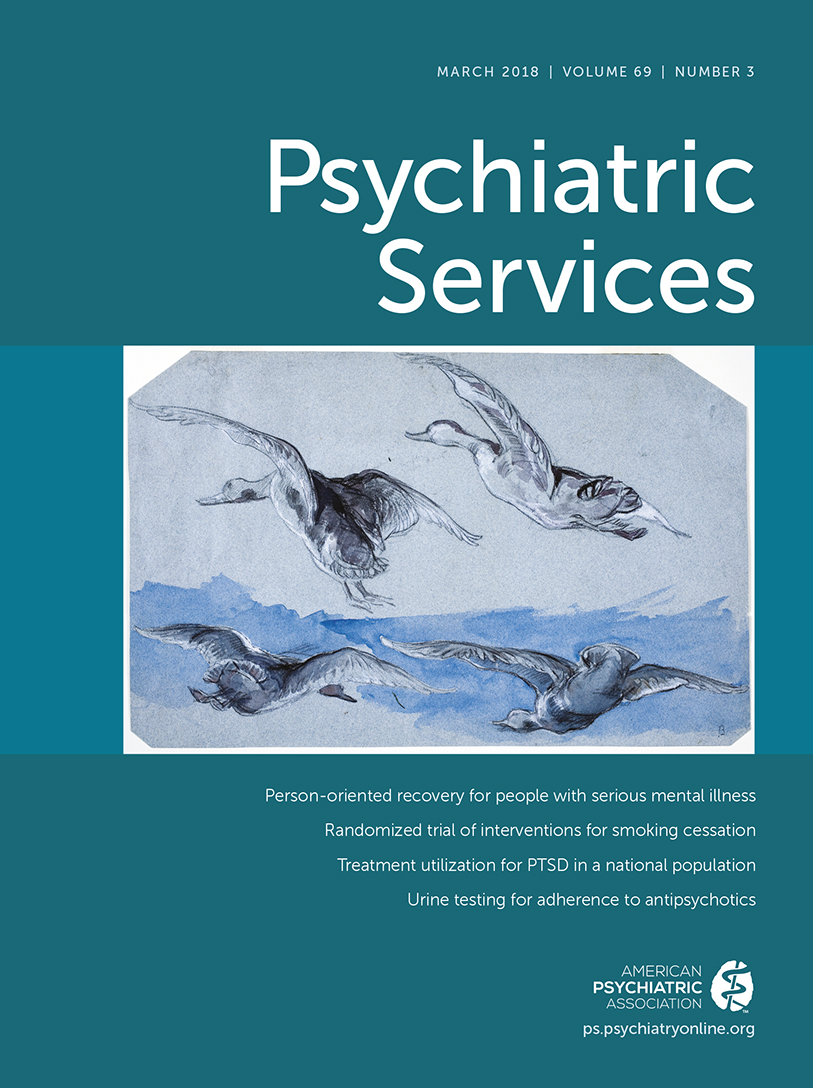Person-Oriented Recovery of Individuals With Serious Mental Illnesses: A Review and Meta-Analysis of Longitudinal Findings
Abstract
Objective:
Although there is significant literature examining changes over time in the functional recovery of people with serious mental illnesses, relatively little is known about the longitudinal nature of person-oriented recovery. The purpose of this review and meta-analysis is to synthesize findings pertaining to the study of person-oriented recovery constructs over time and concomitants of change.
Methods:
Systematic searches up to February 2017 were conducted and were supplemented by hand-searching of reference lists and by contacting study authors. Twenty-three independent studies that included a sample of individuals with serious mental illnesses and that quantitatively measured person-oriented recovery, empowerment, or hope over at least two time points were included in the review. Of these, seven were randomized controlled trials that were included in the meta-analysis. Data were independently extracted by two reviewers. Aggregate effect sizes for person-oriented recovery outcomes were calculated, and individual, intervention, and methodological characteristics served as moderators in meta-regression analyses.
Results:
The meta-analysis (N=1,739 participants) demonstrated that consumers experience greater (and sustained) improvement in person-oriented recovery outcomes when they are involved in recovery-oriented mental health treatment versus usual care or other types of treatment. Only type of intervention provider was a significant moderator; a study of an intervention that was delivered by both mental health professionals and peer providers demonstrated the greatest differences between treatment and control groups.
Conclusions:
Recovery-focused interventions, especially those that involve collaborations between mental health professionals and peer providers, may serve to foster increased recovery, hope, and empowerment among individuals with serious mental illnesses.




